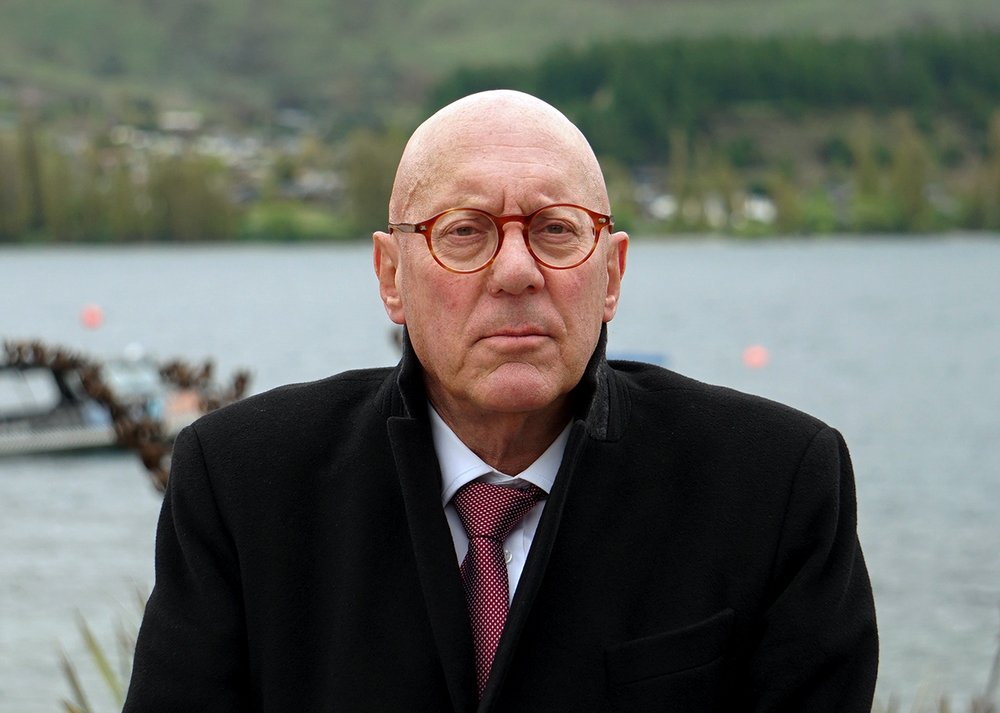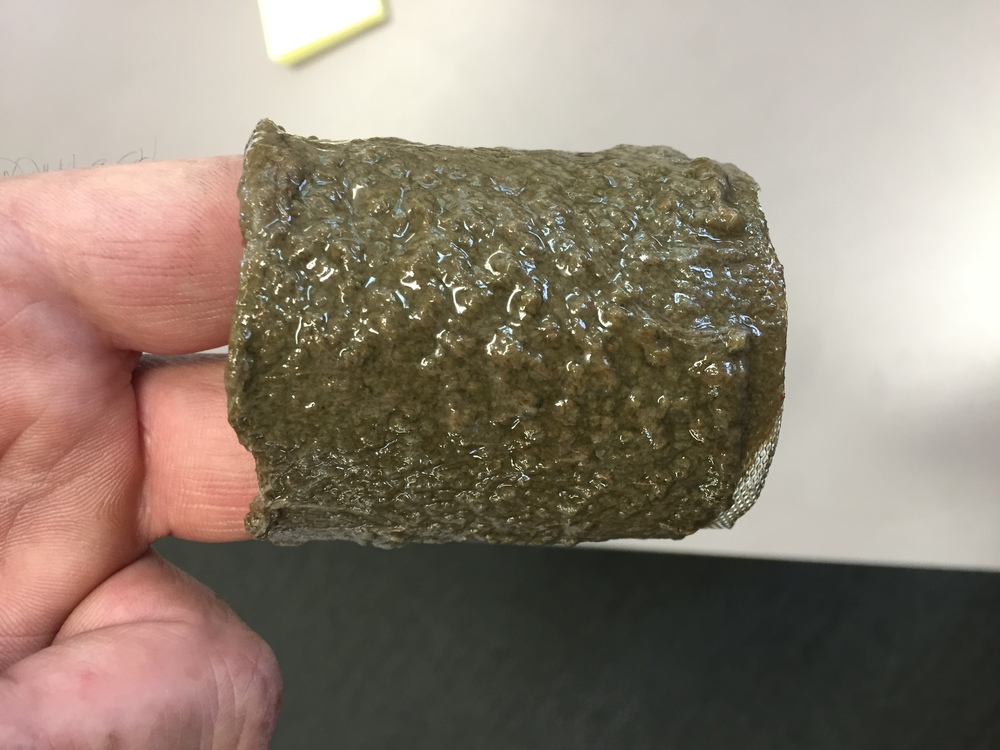Council faces co-governance ‘elephant in the room’
Sue Wards, Editor
01 May 2022, 6:08 PM
 Many councils throughout the country, including the QLDC, have identified persistent, systemic issues with their 3 waters networks, involving drinking water, wastewater and stormwater (pictured here on Aubrey Road). PHOTO: Wānaka App
Many councils throughout the country, including the QLDC, have identified persistent, systemic issues with their 3 waters networks, involving drinking water, wastewater and stormwater (pictured here on Aubrey Road). PHOTO: Wānaka AppThe Queenstown Lakes District Council (QLDC) has flipped on its decision to support the lobby group Council for Local Democracy (C4LD) which was established in opposition to central government’s 3 waters reforms with the aim of finding alternative options.
While still maintaining its position regarding concerns about the government's proposed 3Waters reforms, QLDC now believes its membership of C4LD is no longer the best way forward.
Having received a letter from Ngāi Tahu, which does not support the QLDC’s membership in C4LD, council believes its consultation with iwi regarding 3 waters has been inadequate and intends to invite Ngāi Tahu to discuss the issue of 3 waters co-governance.
Many local government councils throughout the country, including the QLDC, have identified persistent, systemic issues with their 3 waters networks, involving drinking water, wastewater and stormwater.

Jim Boult said he was embarrassed the council did not consult iwi. PHOTO: Wānaka App
The QLDC has said, while it supports the need for three waters regulation, it has concerns about engagement, inadequate information, transparency, and the entity-based model proposed by the government.
Read more: QLDC opposes key element of 3 Waters reform
Together with 32 of the country’s 67 local authorities, the QLDC agreed to join C4LD in January this year as part of its commitment to ‘strongly and actively’ oppose the government mandating the proposed entity-based model for water services delivery.
The proposed new model would mean the ownership of councils’ water assets (infrastructure currently owned by ratepayers) would be transferred to four new entities which would be managed and co-governed by boards whose members would be appointed jointly by councils and Māori.
At last week’s council meeting (Thursday April 28) mayor Jim Boult said feedback from the community and Ngāi Tahu had made him uncomfortable about being a member of C4LD.
“I’m embarrassed we didn’t consult with iwi before we entered into our agreement to join C4LD,” Jim said.
A letter to the mayor from seven rūnaka of Murihiku and Otakou said the proposed reforms were necessary to address many years of underinvestment in three waters infrastructure.
The letter said, while the iwi supported the QLDC’s right to oppose the government’s reform programme, it did not support its membership of C4LD, “a grouping that has to date demonstrated no interest in engaging with iwi/Māori”.

Lake snow clogs a Wānaka water filter. PHOTO: Supplied
There was discussion among councillors at the meeting about the council report’s recommendations to rescind C4LD membership and “work collaboratively” to improve the reforms while upholding the council’s concerns - and supporting Māori in decision-making.
Councillor Niki Gladding said the council needs to “rise to the challenge” of co-governance.
“Council has agreed to actively oppose the three waters mandate and to back off now jeopardises the council’s strength on this issue. If council stayed in the group it could put forward Kāi Tahu’s position,” she said.
Councillor Quentin Smith said co-governance was “the elephant in the room”.
“I think until we sit down and talk face to face with the governance of Kāi Tahu we’re being hypocritical to some degree.”
Deputy mayor Calum MacLeod said council had been talking with Ngāi Tahu regularly and it was disingenuous to suggest otherwise.
“C4LD has come up with nothing new,” he said, adding that council’s chief financial officer [Stewart Burns] had said the 3 waters reform “will be better off for all our residents and ratepayers”.
Calum said the average ratepayer doesn’t care who is providing 3 waters as long as their water is safe, healthy, and meets the standards.
“We have an obligation to support our biggest partner in this community, Kāi Tahu, in their understanding of where the C4LD sits,” he said.
All councillors except Niki and Quentin agreed to rescind membership of C4LD, but they resolved unanimously to invite Ngāi Tahu to discuss co-governance of 3 waters.
“Three waters reform is a major issue for our communities and a major issue for the future of local government/council and I hope council can continue to advocate for our community and help work out the best model of reform,” Quentin told the Wānaka App after the meeting.
“It is clear that joint governance is likely to be part of that and it is essential that we walk the talk in that regard.
“We are all adults and should be able to play nicely together towards a betterment of the reform model.”
The council report noted that, irrespective of C4LD membership, “QLDC will continue to strongly express its stated position on the reforms to the government through all other available channels”.
Council staff were uncertain if the C4LD $20,000 membership fee, yet to be paid, could be wholly or partially recovered with this decision to quit the group.





